J
Johann
Guest
Not here to argue, you win.Sooooo, did you have point to make here?
All you did was paste part of the Bread of Life Discourse - which doesn't address ANY of the questions I asked back in post #680.
Welcome to Christian Forums, a Christian Forum that recognizes that all Christians are a work in progress.
You will need to register to be able to join in fellowship with Christians all over the world.
We hope to see you as a part of our community soon and God Bless!
Not here to argue, you win.Sooooo, did you have point to make here?
All you did was paste part of the Bread of Life Discourse - which doesn't address ANY of the questions I asked back in post #680.
The fact that YOU keep demanding “verbatim quotes” whikl REFUSING to provide any yourself shows your utter hypocrisy.Heh...heh...you're the one who's running.
Again.
Unable to answer a simple question.
If Bellarmine didn't author those claims, who did?
Tell us.
Don't be a coward.
Waiting.
I already told you back in post #908.You're right; I should have called it the heretical archive trove.
Satisfied now?
So tell us who authored that heresy.
Which no pope has ever renounced.
Don't be a coward.
Waiting.
Ummmm, that came with a caveat, my dim-witted friend:You said you were going to hunt down the document.
Happy hunting.
And we're waiting.
Well, you are correct, I did make the claim. But you haven't proved me wrong yet either, your post concerning Caedmon notwithstanding. I may be wrong. Perhaps there are examples where some obscure Catholic scholar translated the Latin Bible into the common language. But I don't know of any. You suggested Caedmon. I explained how you were incorrect. You haven't offered an alternative. So my original post and claim still stands unchallenged. And I suggest you take care in offering suggestions, because not all churches, schools, Bible colleges etc were Catholic. For example. It is reported that the schools of Patrick, and later Columba, and their hundreds of students, produced hundreds of copies of the scriptures, with Columba himself copying 300 new testaments himself. How many more his students, and those of the generations following? This was the Celtic church of Iona and Derry in Ireland, now Londonderry. This before the 6th century. And the original manuscripts they were translating from were Itala, not Latin. Those Itala Bibles did not originate with Rome, but from the those who escaped Jerusalem to Antioch, where Lucian later made a great name for himself, being hated by Jerome because he resisted Rome's doctrinal innovations and Jerome's Latin Bible that was infused with error.That’s quite a cut-and-paste job.
UNFORTUNATELY, like all of your other recent posts – it is simply another DODGE from having to explain your asinine claim that the Catholic Church translated the Bible in Latin ONLY in Latin so “nobody could read it.”
Let me know when you’re ready to substantiate THAT little fairy tale . . .
I did several searches on Google, with and without quotation marks, searched Vatican documents, and...
De Conciliorum Auctoriatate does not exist!
coventee!
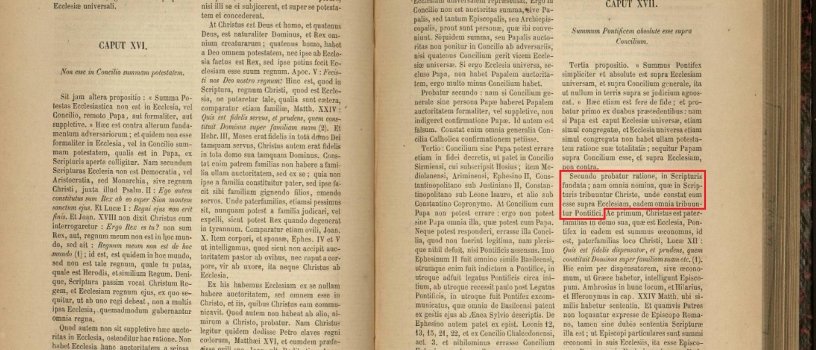
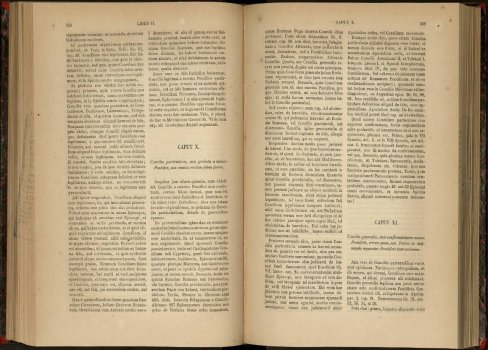
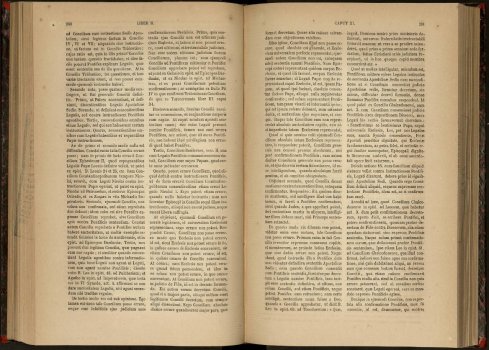
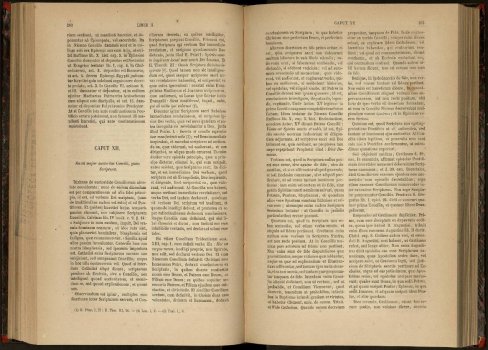
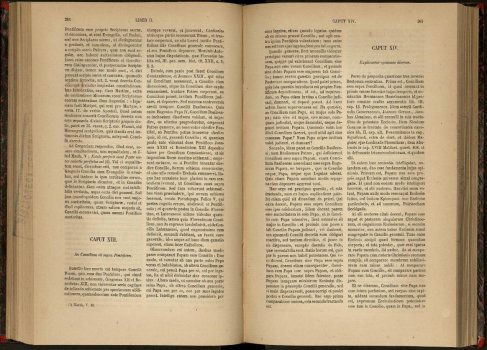
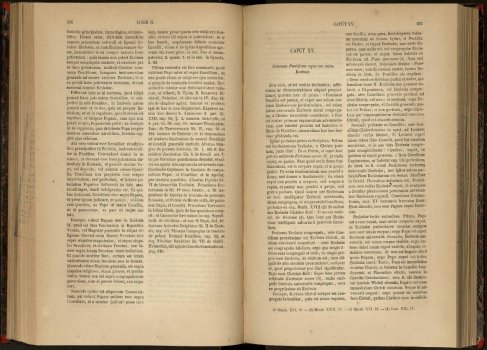
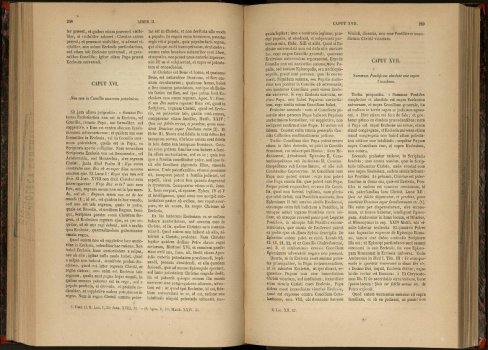
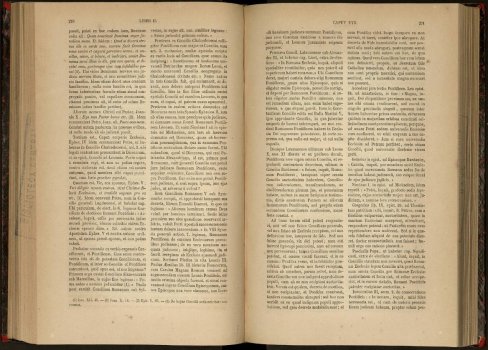
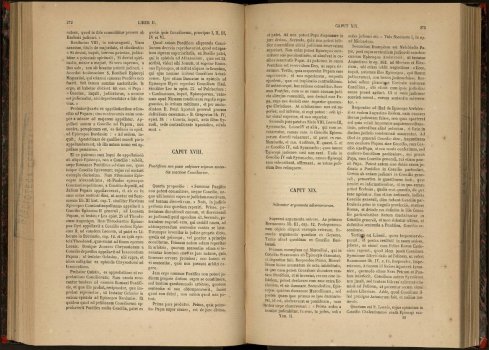
Thanks and blessings, brother.Listen to Cardinal Robert Bellarmine, SJ (Jesuit), speaking (writing) about the “pope”:
Unsurprisingly, not an iota of supporting Scripture.My source? I don't recall citing that document.(which is well written)
But hey, if you want citations, a good place to start is the Catechism of the Catholic Church - IntraText
"1244 First Holy Communion. Having become a child of God clothed with the wedding garment, the neophyte is admitted "to the marriage supper of the Lamb"44 and receives the food of the new life, the body and blood of Christ."
1329 The Lord's Supper, because of its connection with the supper which the Lord took with his disciples on the eve of his Passion and because it anticipates the wedding feast of the Lamb in the heavenly Jerusalem.141
1419 Having passed from this world to the Father, Christ gives us in the Eucharist the pledge of glory with him. Participation in the Holy Sacrifice identifies us with his Heart, sustains our strength along the pilgrimage of this life, makes us long for eternal life, and unites us even now to the Church in heaven, the Blessed Virgin Mary, and all the saints.
(bolding by me)
I recommend reading that entire section on the sacraments to get some idea of what the Church lives every day...
Pax et Bonum
Re. post 947:Ummmm, that came with a caveat, my dim-witted friend:
From post #913:
"On post #888 – with regard to the false quote from Bellarmine - YOU stated emphatically:
“EVERY POPE has therefore believed it.”
Soooooso, why don’t YOU put your money where your mouth is and give me the VERBSATIM QUITES from EVERY Pope?"
STILL waiting.
Don't be a coward . . .
Ummm, no kidding.nice documentation, but it still does not mean the Pope is God.
Totally true. But then there's this...His authority is limited to Catholics, not to you, not to the world, but to Catholics.
Unsurprisingly, not an iota of supporting Scripture.
Only the opinions of delusional eisegesis and malinterpretation.
Described by Peter in actual Scripture 2 Peter 1:20 as "private interpretation".
It looks like another one of many SDA fabrications. Have you nothing better to do but preach hatred towards Catholics?Ummm, no kidding.
Totally true. But then there's this...
"The [Catholic] Church has the right to require that the Catholic religion shall be the ONLY religion of the State, to the exclusion of all others... Cursed be those who assert liberty of conscience and of worship, and such that maintain that the church may not employ force." ~Pope Pius ix (1846-1878).
So force the state to make everyone Catholic, then be god over everyone.
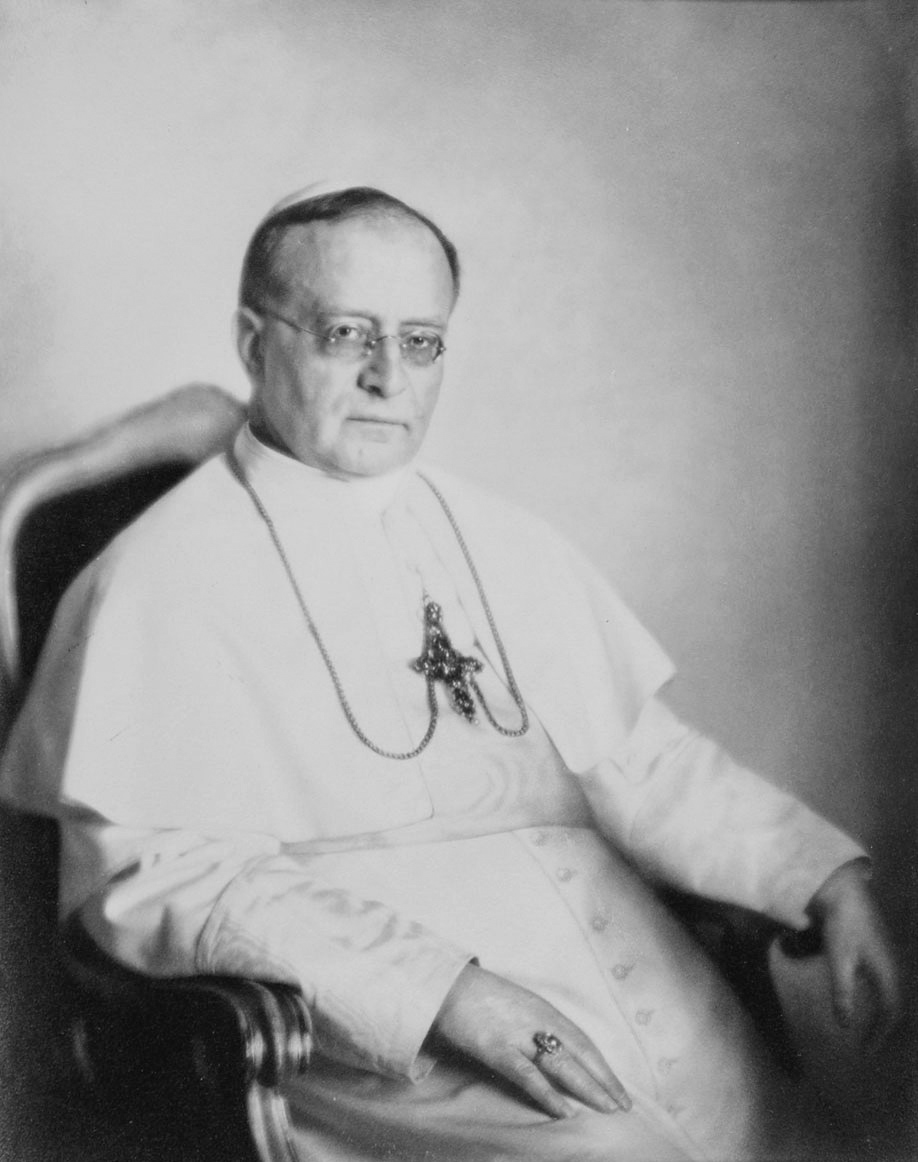
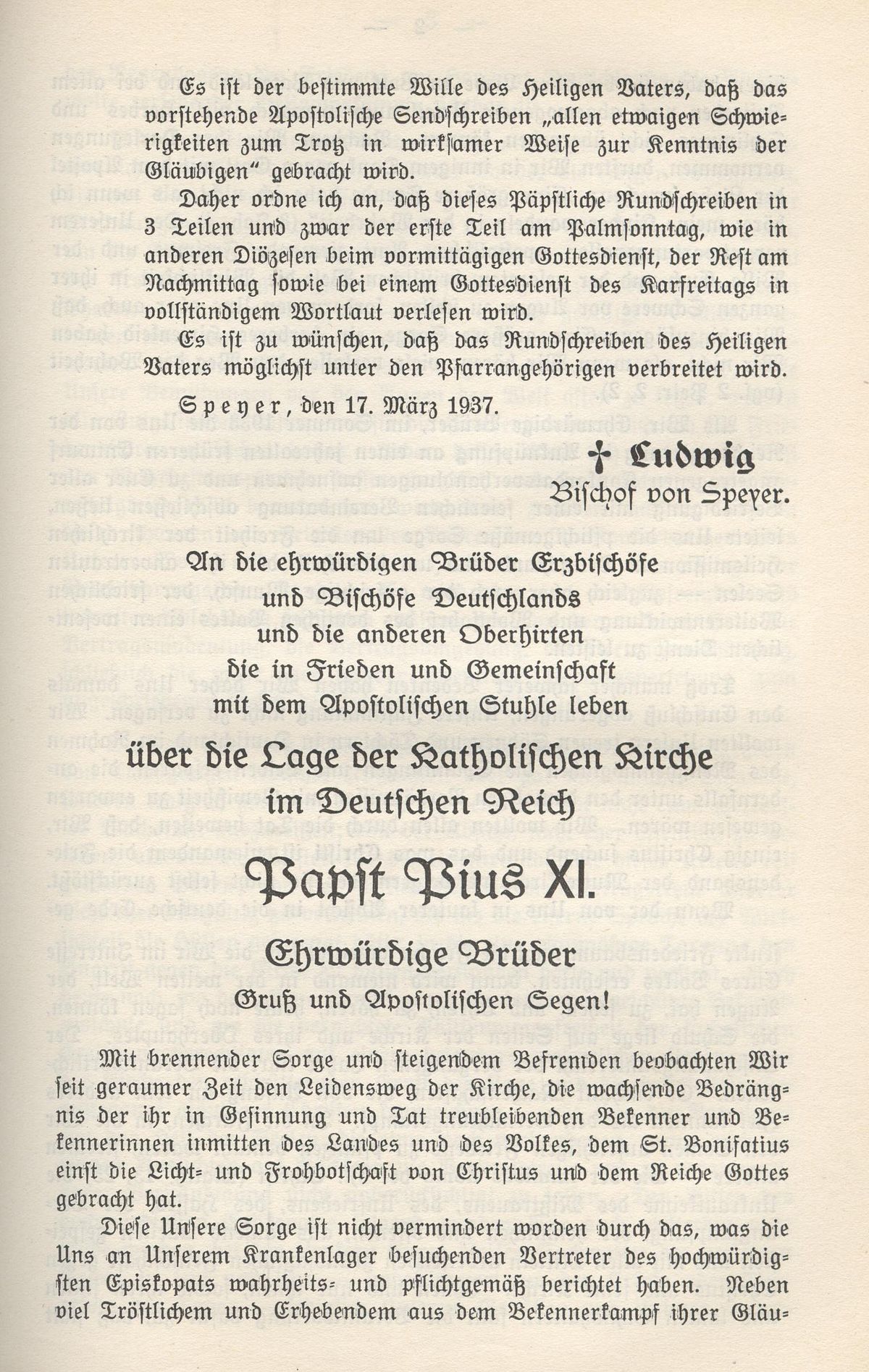
I try my best to authenitcally document in proper context anything which is given. I have had to learn to make sure I always source my materials correctly (as best to my knowledge, from primary and original sources (even original language sources where possible). It takes time to be sure, but always better to do it that way, then be caught out in a quote that is misleading, or misidentified, misattributed, and so on. So, thank you for what you have said about the documentation.Nice documentation, but it still does not mean the Pope is God. His authority is limited to Catholics, not to you, not to the world, but to Catholics and nobody else pays attention to him anyway.
Your first line: " by virtue of which it is established that he is over the church" does not mean the Pope is God. That would be blasphemous. Made-in-America cults have a bad habit of twisting and distorting old meaningless documents, and why are they (JW, SDA etc.) the only ones doing it? Get a life.
Nice documentation, but it still does not mean the Pope is God. His authority is limited to Catholics, not to you, not to the world, but to Catholics and nobody else pays attention to him anyway.
Your first line: " by virtue of which it is established that he is over the church" does not mean the Pope is God. That would be blasphemous. Made-in-America cults have a bad habit of twisting and distorting old meaningless documents, and why are they (JW, SDA etc.) the only ones doing it? Get a life.
Nice documentation, but it still does not mean the Pope is God. His authority is limited to Catholics, not to you, not to the world, but to Catholics and nobody else pays attention to him anyway.
Your first line: " by virtue of which it is established that he is over the church" does not mean the Pope is God. That would be blasphemous. Made-in-America cults have a bad habit of twisting and distorting old meaningless documents, and why are they (JW, SDA etc.) the only ones doing it? Get a life.
...Nice documentation, but it still does not mean the Pope is God. His authority is limited to Catholics, not to you, not to the world, but to Catholics and nobody else pays attention to him anyway.
Your first line: " by virtue of which it is established that he is over the church" does not mean the Pope is God. That would be blasphemous. Made-in-America cults have a bad habit of twisting and distorting old meaningless documents, and why are they (JW, SDA etc.) the only ones doing it? Get a life.
Now the quote of Bellarmine, states that "All names which in the scriptures are applied to Christ, by virtue of which it is established that he is over the church, all the same names are applied to the Pope."Nice documentation, but it still does not mean the Pope is God. His authority is limited to Catholics, not to you, not to the world, but to Catholics and nobody else pays attention to him anyway.
Your first line: " by virtue of which it is established that he is over the church" does not mean the Pope is God. That would be blasphemous. Made-in-America cults have a bad habit of twisting and distorting old meaningless documents, and why are they (JW, SDA etc.) the only ones doing it? Get a life.

